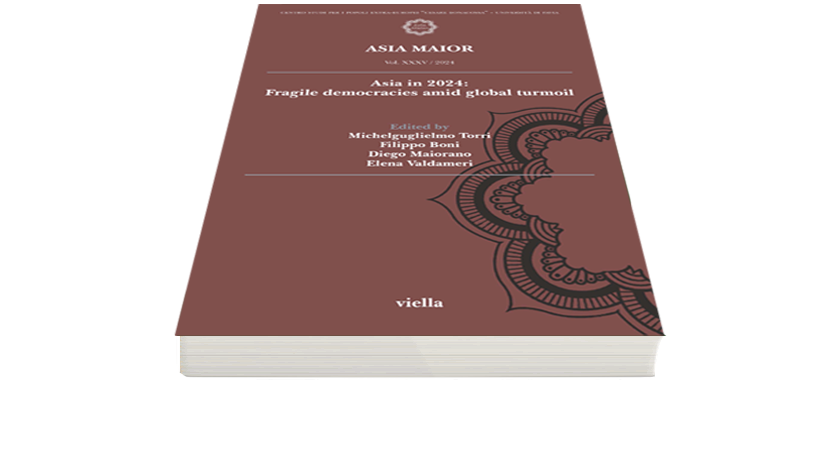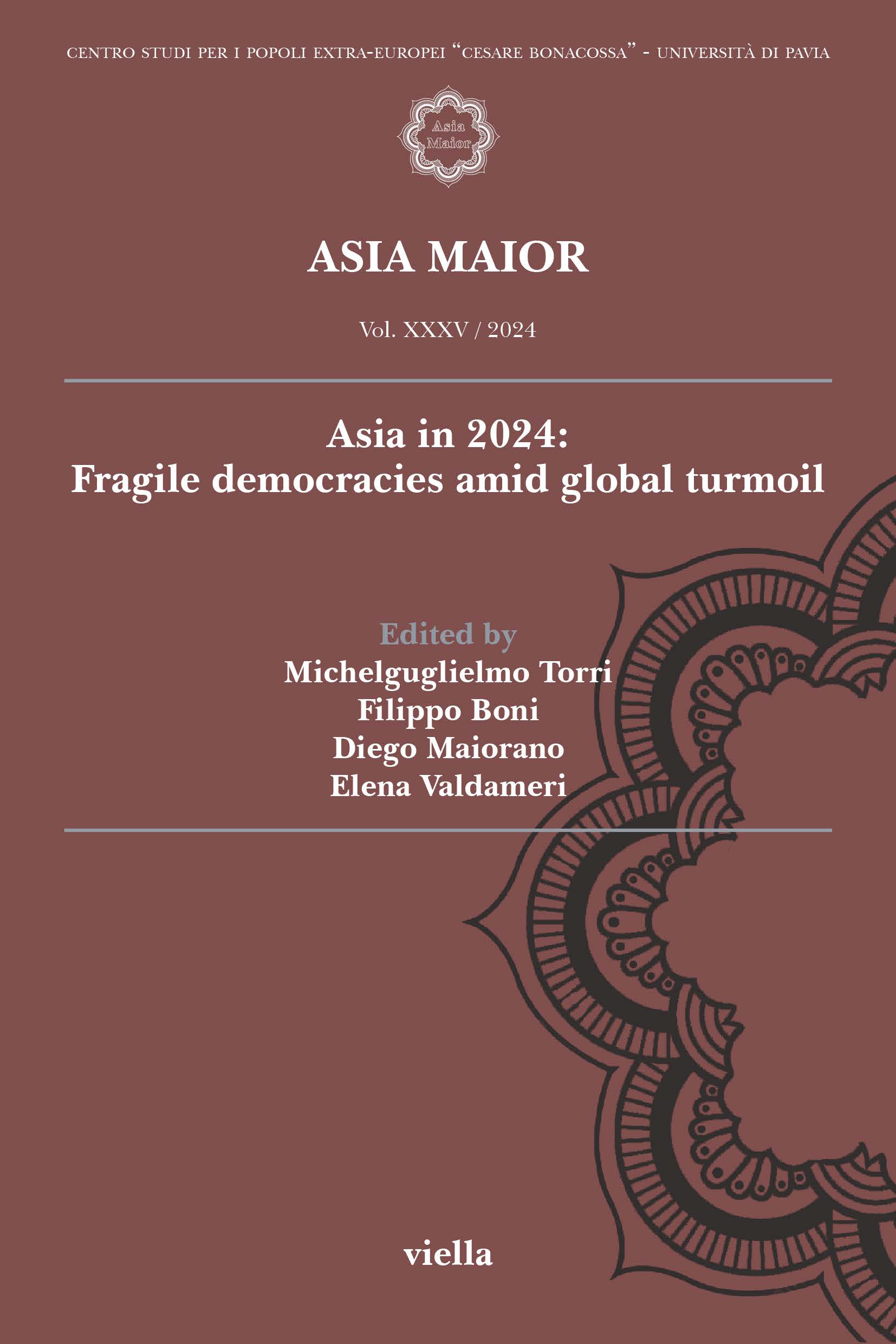Anti-plagiarism policy
Asia Maior adheres to Cambridge University’s definition of plagiarism. Therefore, it defines ‘plagiarism’ as ‘using someone else’s ideas, words, data, or other material produced by them without acknowledgement’. Again adhering to the Cambridge University’s guidelines, Asia Maior is aware that plagiarism can occur in respect to all types of sources and media, including:
- text, illustrations, musical quotations, extended mathematical derivations, computer code, etc.
- material downloaded from websites or drawn from manuscripts or other media
- published and unpublished material, including lectures, presentations, and grey literature
Asia Maior does not tolerate plagiarism in any form, and reserves the right to check all submissions through appropriate plagiarism checking tools. Submissions containing suspected plagiarism, in whole or part, will be rejected. If plagiarism is discovered post-publication, Asia Maior will remove the plagiarized article from its website, inserting the indication of the reasons why the article has been removed. As far as the paper publication is concerned, an indication will be inserted in the following issue denouncing the plagiarized article. Any person responsible for plagiarism or attempted plagiarism in Asia Maior or any other journal, collective volume or monograph will be barred from future publication in Asia Maior. Asia Maior expects its editors to be vigilant about plagiarism and urges its readers and reviewers to raise any suspicions of plagiarism by contacting the editors by email.









































